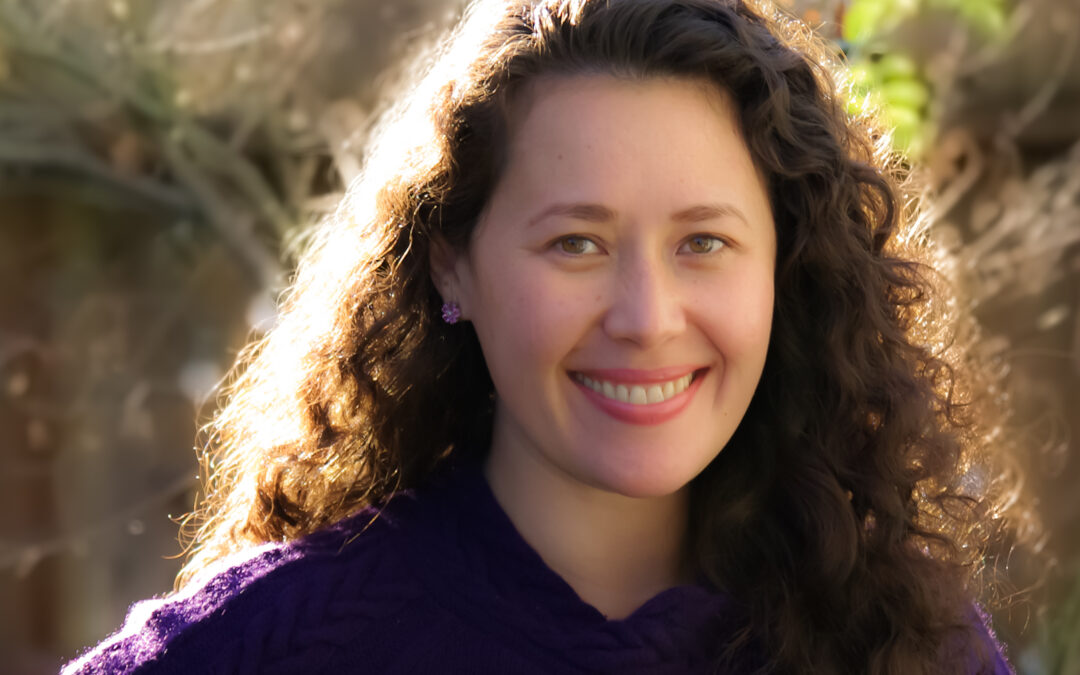
by Michele Kirichanskaya | Jul 10, 2024 | Blog
Jennieke Cohen is a Jewish-Filipina American author of young adult historical fiction. Her books have been translated into multiple languages. Jennieke’s debut novel, DANGEROUS ALLIANCE, was a Junior Library Guild selection, and her second novel, MY FINE FELLOW, was...
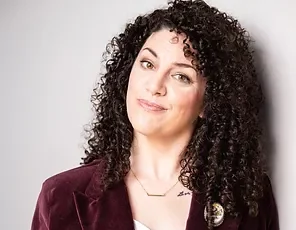
by Michele Kirichanskaya | Apr 24, 2024 | Blog
Born and raised a voracious reader of anything she could get her hands on in rural Nova Scotia, Rose Sutherland has an overactive imagination and once fell off the roof of her house trying to re-enact Anne of Green Gables. She’s continued to be entertainingly...
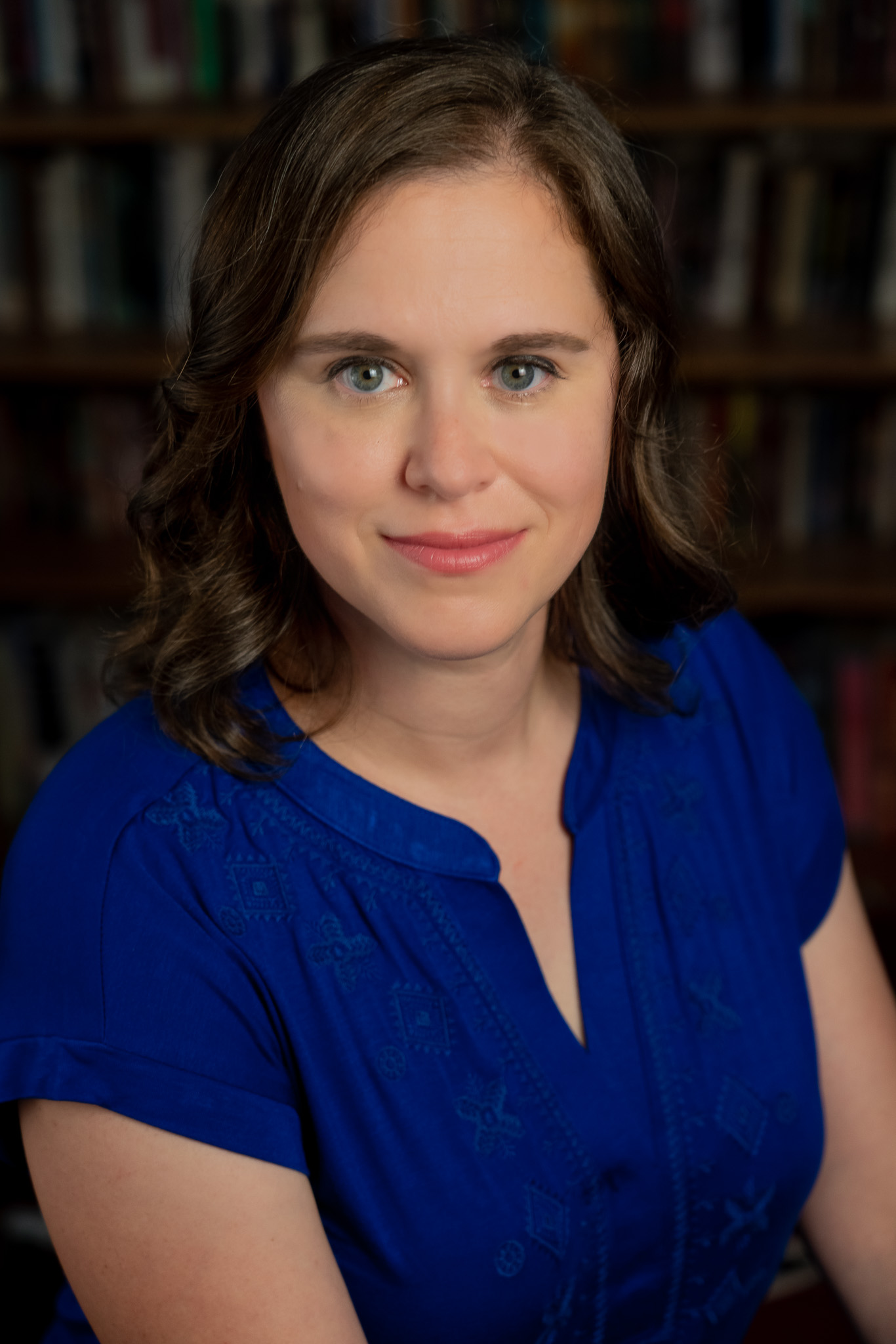
by Michele Kirichanskaya | Nov 18, 2023 | Blog
Helene Wecker is the author of The Golem and the Jinni and The Hidden Palace. Her books have appeared on The New York Times and San Francisco Chronicle’s bestseller lists, and have won a National Jewish Book Award, the VCU Cabel Award, the Harold U. Ribalow Prize, and...
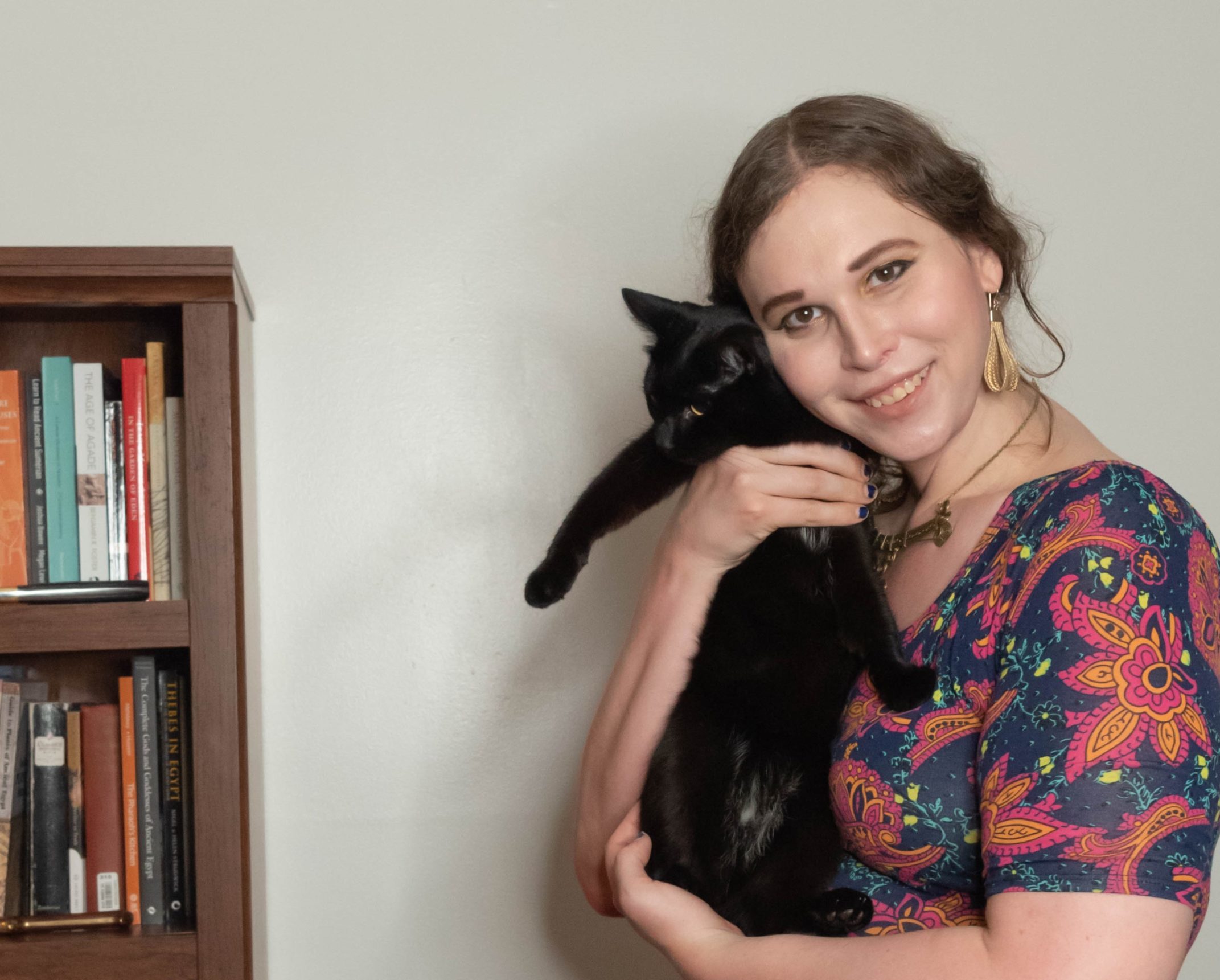
by Michele Kirichanskaya | Jan 5, 2023 | Blog
Maya Deane first retold the Iliad at the age of six. Athena was the protagonist; all six pages were typed up on a Commodore 64; there were many spelling errors. (She has only doubled down since then.) A graduate of the University of Maryland and the Rutgers-Camden...
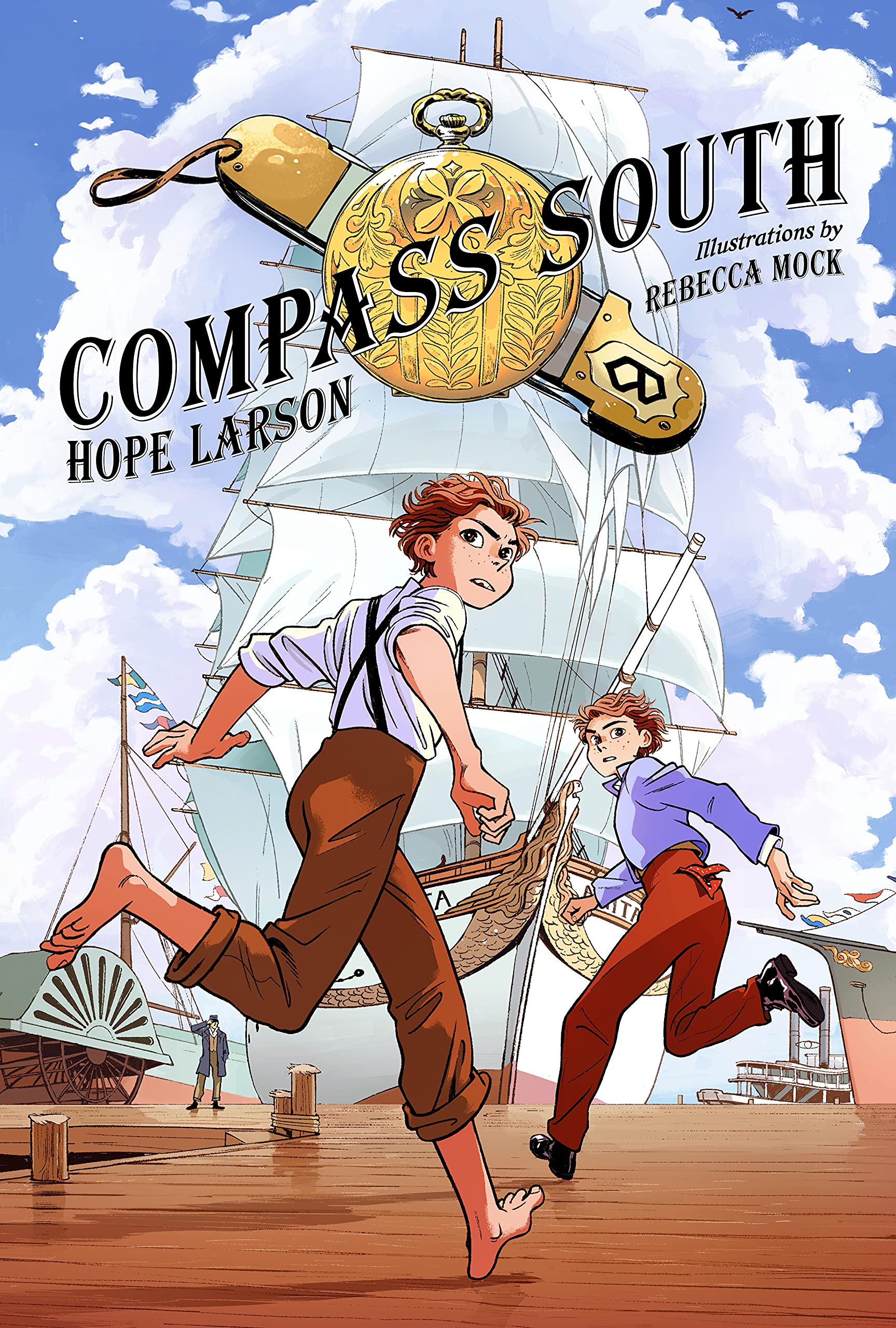
by Michele Kirichanskaya | Dec 31, 2022 | Blog
Hope Larson is the author of All Summer Long, which was a Kirkus Reviews Best Book of 2018 and an Eisner Award Nominee, as well as the recently published sequel, All Together Now. She also adapted and illustrated A Wrinkle in Time: The Graphic Novel, which spent...






